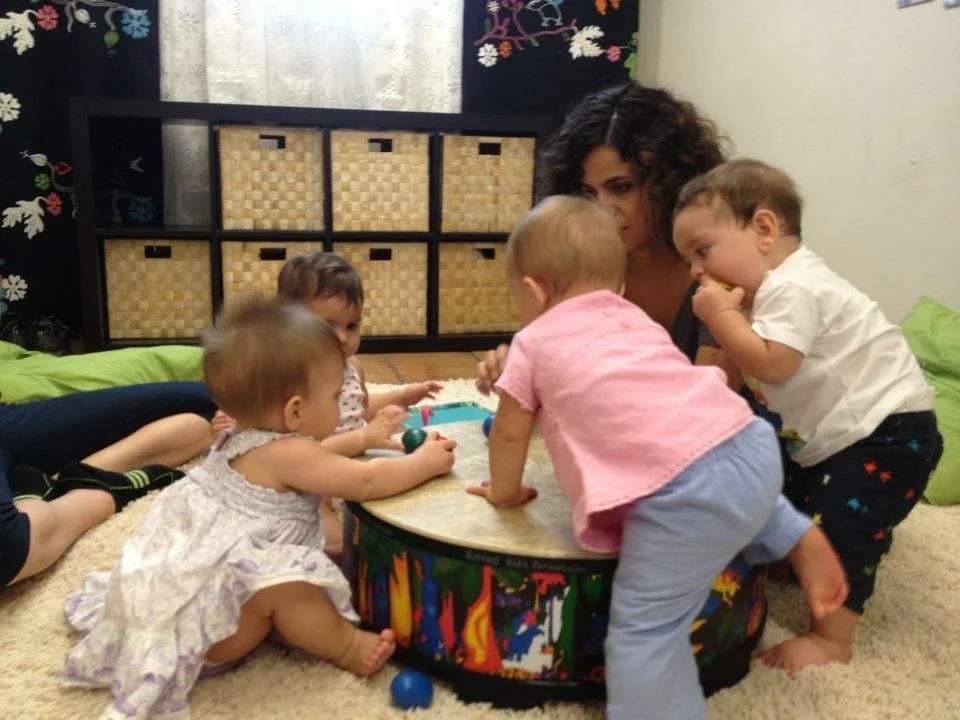The preschool years are pivotal for your child’s emotional and social development. Whether you're dealing with tantrums, teaching patience, or encouraging emotional intelligence, these tips will empower both you and your preschooler.
Child-Led Play:
Encourage your child’s natural curiosity and imagination through child-led play. Join in and follow their lead often. Sometimes, try acting as if you were another preschooler — this not only enhances your bond but also promotes their social and problem-solving skills.
Teaching Patience with Practical Activities:
Patience is a critical skill for young children, and it can be taught through everyday activities. Introduce games that require taking turns, or use baking and cooking activities where they must wait for the results. When they ask for water or a snack, tell them "oh, I want that too..." take the time to serve both of you. Waiting for water or materials happens often in a preschool classroom. Experiencing this with you helps them feel safe when they are waiting at school. These fun and engaging experiences teach them the value of patience
“Learning to wait for what they want and ending pleasure is an essential skill for children. ”
The Importance of Delayed Gratification:
Learning to wait for what they want and ending pleasure is an essential skill for children. When they ask for something like a specific colored cup and it's not immediately available, use the opportunity to discuss why waiting is sometimes necessary. This helps them develop self-control and emotional regulation. Another form of delayed gratification is your night time routine. The tears and tantrums they present when you transition them from play to the bath is the emotional experience of ending a pleasurable task. Being able to tolerate that disappointment and moving on to the responsibility of bath time is the daily practice of delayed gratification. If a child does not develop this important social emotional skill it will be very difficult to do the hard tasks ahead in kinder, middle and high school.
Managing Emotional Outbursts:
When tantrums occur, remain calm and offer them consistent support. Validate their feelings by acknowledging their frustrations, which teaches them to identify and express their emotions constructively. This approach not only soothes the current situation but also builds their emotional intelligence over time.
Developing Emotional Intelligence:
Open discussions about emotions are crucial. Talk about how characters in a story might feel, or share your feelings about daily events. This helps your child understand and empathize with the emotions of others, boosting their social skills and emotional awareness.
Reinforcing Routines:
Stable and consistent routines can make challenging tasks like potty training or transitioning to bedtime smoother for both you and your child. Consistency in daily activities reinforces security and makes your child feel more confident and secure.
As you navigate the preschool years, remember that each challenge is also an opportunity to teach and learn alongside your child. These strategies are not just about managing behavior but about nurturing a compassionate, patient, and emotionally aware individual.


